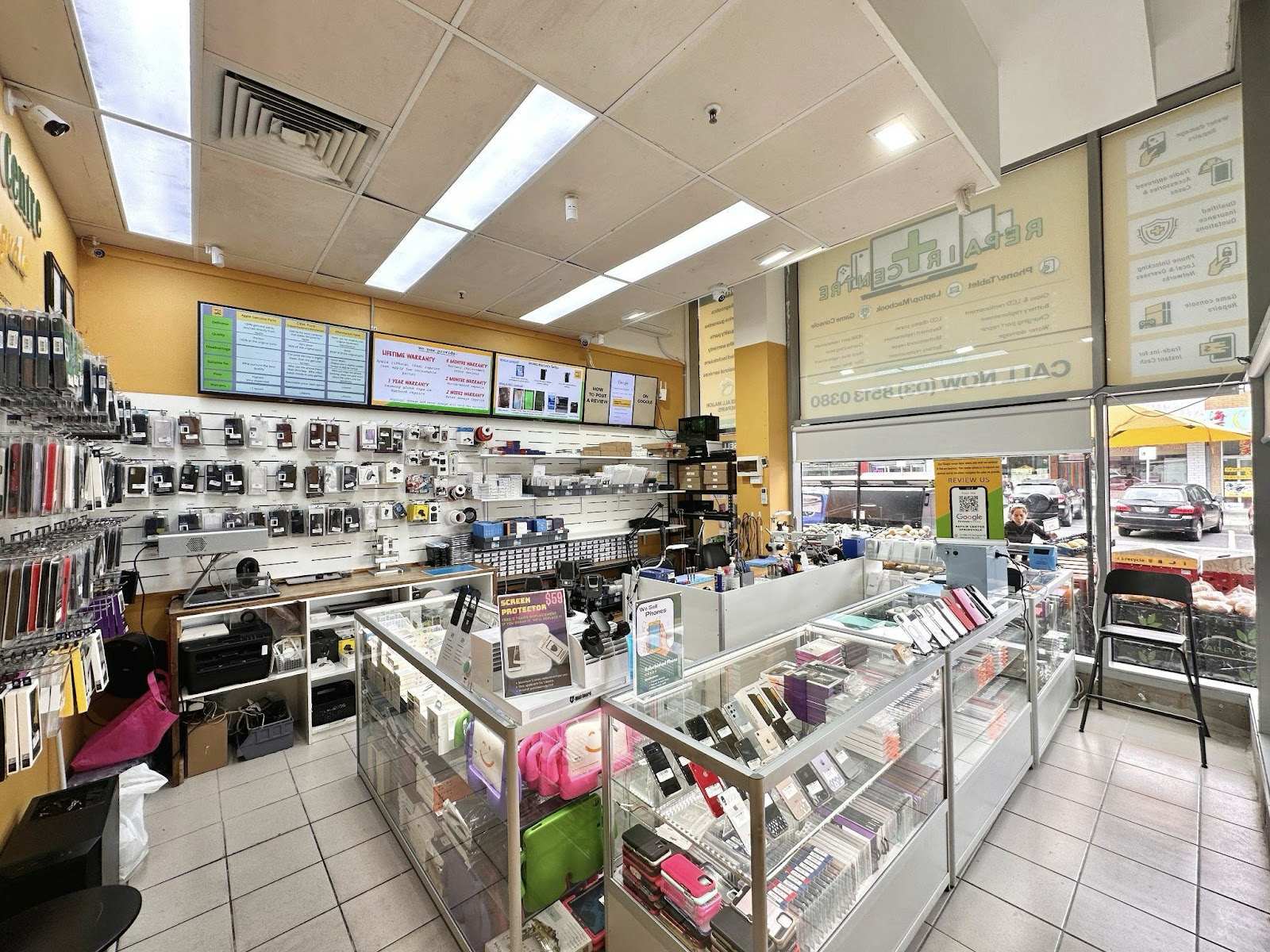
UCLA has been selected by the Centers for Medicare & Medicaid Services (CMS) to participate in a new Medicare alternative payment model designed to support people living with dementia and their caregivers.
UCLA is one of almost 400 participants building Dementia Care Programs (DCPs) across the country working under CMS’ Guiding an Improved Dementia Experience (GUIDE)Model to increase care coordination and improve access to services and supports, including respite care, for people living with dementia and their caregivers.
We are delighted to be a GUIDE Model site. This is a landmark in Medicare’s efforts to provide comprehensive care for older persons living with dementia and their caregivers. They have struggled to get needed care because many beneficial services have not been covered, their care has been fragmented, and they have lacked a point person to help them navigate and coordinate care.
Dr. David Reuben, program director for UCLA’s GUIDE program and Archstone Professor of Medicine at the David Geffen School of Medicine at UCLA
“The GUIDE model takes major steps in each of these areas and Medicare should be congratulated for bringing this to life,” added Reuben, chief of the UCLA Division of Geriatrics.
Launched on July 1, 2024, the GUIDE Model will test a new payment approach for key supportive services furnished to people living with dementia, including: comprehensive, person-centered assessments and care plans; care coordination; 24/7 access to an interdisciplinary care team member or help line; and certain respite services to support caregivers. People with dementia and their caregivers will have the assistance and support of a Care Navigator to help them access clinical and non-clinical services such as meals and transportation through community-based organizations.
“CMS is excited to partner with UCLA under the GUIDE Model,” said CMS Administrator Chiquita Brooks-LaSure. “GUIDE is a new approach to how Medicare will pay for the care of people living with dementia. The GUIDE participants are envisioning new ways to support not only people living with dementia, but also to reduce strain on the people who care for them, so that more Americans can remain in their homes and communities, rather than in institutions.”
UCLA’s participation in the GUIDE Model will help people living with dementia and their caregivers have access to education and support, such as training programs on best practices for caring for a loved one living with dementia. The GUIDE Model also provides respite services for certain people, enabling caregivers to take temporary breaks from their caregiving responsibilities. Respite is being tested under the GUIDE Model to assess its effect on helping caregivers continue to care for their loved ones at home, preventing or delaying the need for facility care.
GUIDE Participants represent a wide range of health care providers, including large academic medical centers, small group practices, community-based organizations, health systems, hospice agencies, and other practices.
This model delivers on a promise in the Biden Administration’s Executive Order on Increasing Access to High-Quality Care and Supporting Caregivers and aligns with the National Plan to Address Alzheimer’s Disease.
Source:
University of California – Los Angeles Health Sciences









